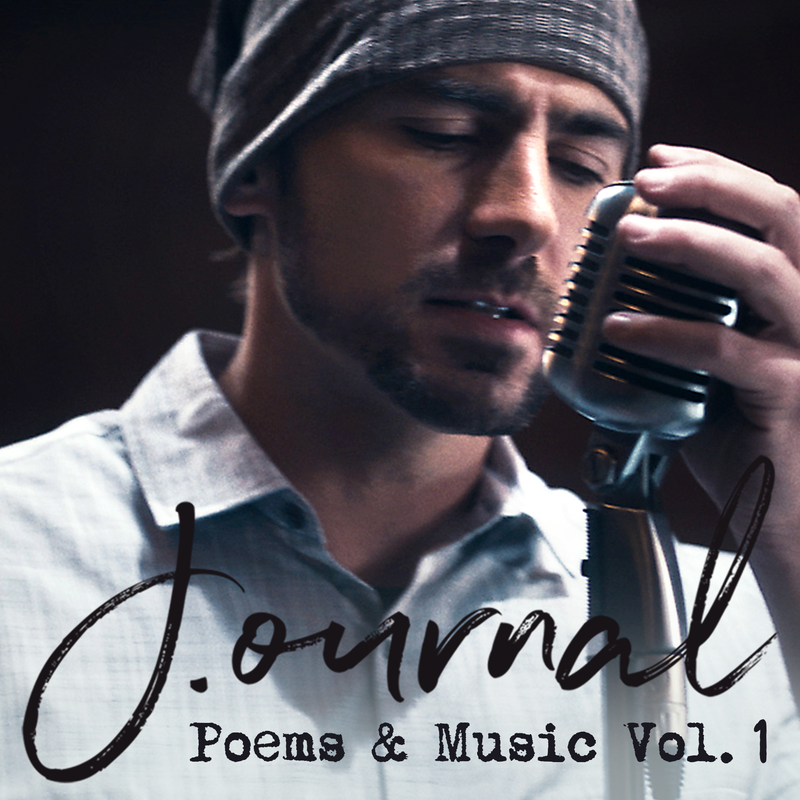People should be treated equally, but ideas should not.
Recently NPR published an article featuring the author of a book called “In Defense of Looting”. I’ll put aside the question of whether or not our tax dollars should be used to publicize such anti-American ideologies for now, but I’ll return to that later.
It’s important to understand where this worldview comes from and why many people (including high-level politicians and most of the mainstream media) have defended it. So let’s dig in.
Rioting does a number of important things. It gets people what they need for free immediately, which means that they are capable of living and reproducing their lives without having to rely on jobs or a wage.
Clearly the first untruth here is that people loot stores for things that they “need”. TVs, designer handbags, and liquor are not essential items for sustaining human life. You could perhaps still make a point though if you stopped there – most people are sympathetic to the plight of the less fortunate. But the second half of that statement is the kicker:
Without having to rely on jobs or a wage
So other people should work to produce the goods that you are entitled to, but you yourself should be free of such a burden. I think I see where this is going.
Looting, by the author’s definition, is “taking those things that would otherwise be commodified and controlled and sharing them for free.”
Notice here how she uses the words “commodified and controlled” instead of “produced by someone else”. Using subversive language is a common tactic to justify a position that would otherwise be shunned if the speaker stated it in plain terms. Claiming that consumer goods are “commodified and controlled” is supposed to justify her position that stealing is a good thing. It works the other way too. You can veil your true intentions by calling your organization “Black Lives Matter” and be given free rein to wreak whatever kind of havoc you desire.
But I’m getting ahead of myself.
Looting strikes at the heart of property, of whiteness and of the police. It gets to the very root of the way those three things are interconnected. And also it provides people with an imaginative sense of freedom and pleasure and helps them imagine a world that could be. And I think that’s a part of it that doesn’t really get talked about — that riots and looting are experienced as sort of joyous and liberatory.
It should be becoming clear now. It doesn’t matter if you loot or burn down a black person’s business. It’s not about black lives mattering. It’s about the hatred of property, police, and white people, because these are the three things that stand in the way of a magical world where no one has to work and everything is free. Who produces the goods after everything is joyously burned down and the producers of all the goods are jailed or killed is not specified. But I’ll specify it for her: government-run labor camps. Gulags.
Without police and without state oppression, we can have things for free.
It would be insulting to assume that anyone needs any sort explanation for why this statement is wrong on every conceivable level, so, moving on…
Riots are a space in which a mass of people has produced a situation in which the general laws that govern society no longer function, and people can act in different ways in the street and in public.
In other words, lawlessness. People can “act in different ways” without that bothersome law and order stuff. It’s not clear if she understands that those ways can and inevitably would include assault, rape, and murder. But it is clear that she doesn’t want cops around to defend against any such acts.
She also believes that Martin Luther King Jr. was weak for his non-violent approach, that looting is just “proletarian shopping”, that it’s a “right wing myth” that small-business owners create jobs and improve the fabric of a community, and of course, that the U.S. was founded by “cisheteropatriarchal racist capitalists”, which justifies any and all forms of rioting and looting. She has zero remorse for any lives or livelihoods lost, the destruction of dreams, the countless hours of rebuilding, or the cost to the community.
Do you still have any questions about what these people stand for?
It was a bit disconcerting when the article first appeared on NPR, which is state-run media, because the author of the article (i.e. the interviewer) was clearly promoting these ideas as well. Due to pushback it has since been edited to sound more neutral and just put forth the ideology espoused by the book’s author. So in its current form, yes, I’m in favor of this type of journalism. I’m in favor of the free speech that allows someone to think and write these things. I’m glad she puts it so blatantly. It’s out there. We’re not making this stuff up. We know exactly what’s going on here. Burning down businesses is what’s currently feasible, but the real goal is to procure enough power to burn down Western Civilization.
Systemic racism is real and we still have work to do. Those people and organizations that are using social justice as a cloak for 21st century Marxism are not helping us in that work. In fact they’re doing much more harm than good. They have their own agenda, which I hope has been made clear here and in so many other ways. I plead with you to search out the difference. Look beyond language. Be discerning with your heart, mind, money, and actions. Think long and hard about supporting politicians that not only don’t condemn rioting and looting, but have condoned it. Think about what ideology they’re supporting, whether they realize it or not.
All people are created equal and deserve to be treated as such. Ideas are not created equal. We need to have the wisdom to recognize when an idea is not only destructive to our country, but fatal to our humanity and place it where it belongs – on the trash heap of history next to the many failed, murderous incarnations of its ancestors.



